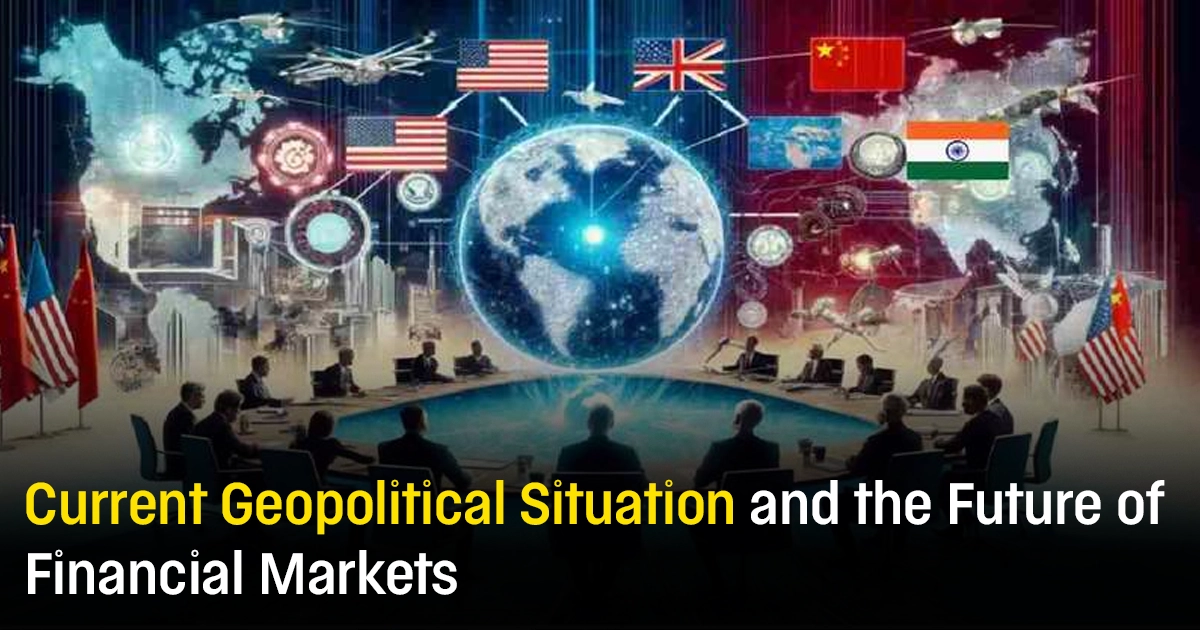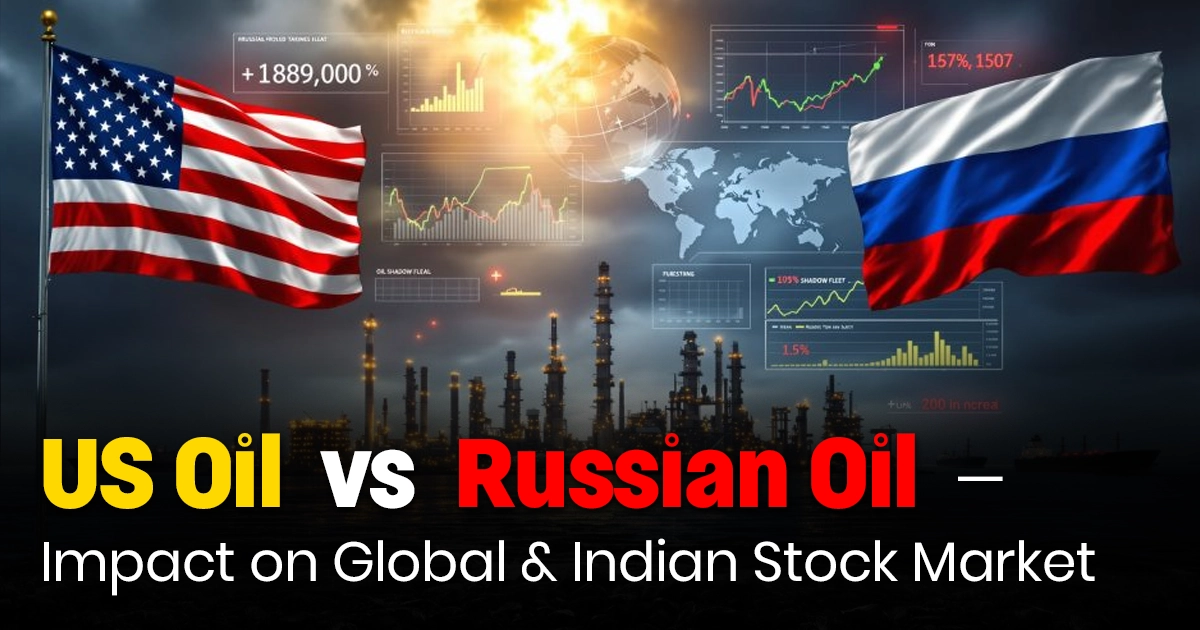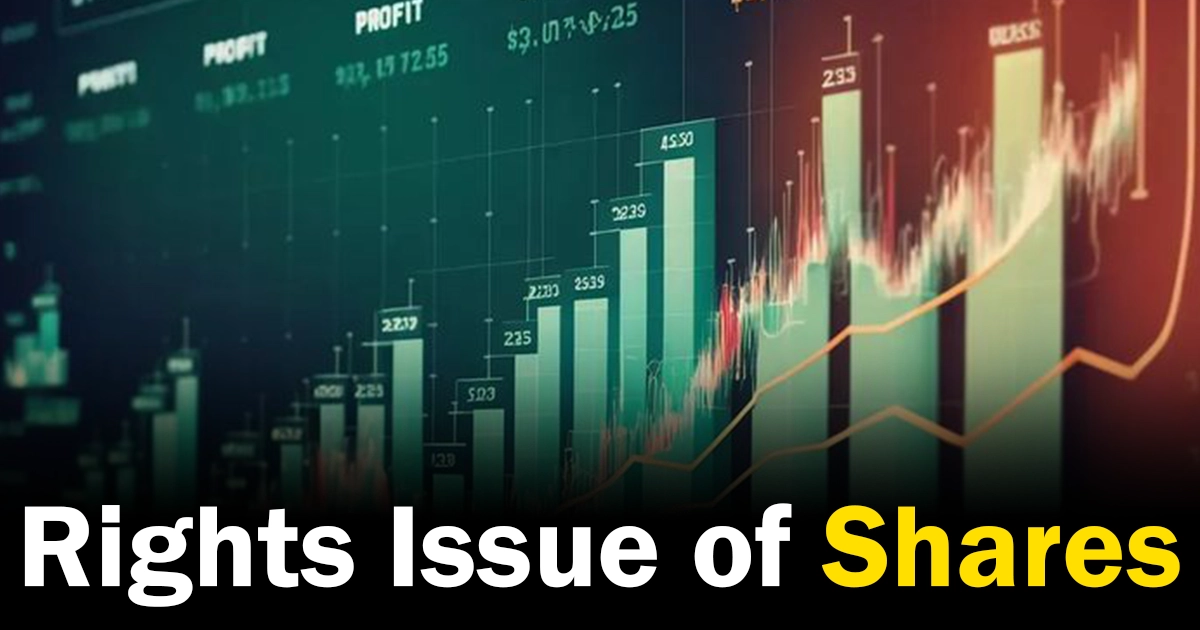In the ever-evolving global landscape, geopolitics and financial markets are increasingly intertwined. The events of the last few years—ranging from the COVID-19 pandemic to regional conflicts and economic policy shifts—have drastically reshaped how investors, governments, and institutions perceive risk and opportunity. As of 2025, geopolitical turbulence continues to cast a long shadow on financial markets, creating uncertainty but also opening up new possibilities.
This article explores the current geopolitical landscape, how it impacts financial markets, and what the future may hold for investors and policymakers alike.
The Present Geopolitical Climate: A Web of Complexity
In 2025, global politics are defined by a mix of long-standing tensions and emerging power struggles:
The Russia-Ukraine War Continues: Despite multiple attempts at ceasefires and negotiations, the conflict drags on. The war has disrupted energy supplies across Europe and created a ripple effect in commodity markets globally. Europe’s dependency on alternative energy sources has risen, affecting prices and investment flows.
U.S.-China Strategic Rivalry: While not an overt war, the tech cold war between the United States and China has intensified. Export restrictions on semiconductors, intellectual property disputes, and competing investment in artificial intelligence are reshaping global supply chains.
Middle East Unrest: Tensions in the Middle East, particularly between Israel and Iran, continue to create instability in oil markets. The geopolitical sensitivity of oil-producing regions ensures that any disturbance leads to immediate price shocks.
Reshaping Global Alliances: Countries like India, Brazil, and Indonesia are emerging as influential players. This multipolar world is replacing the unipolar dominance of the U.S., leading to a realignment in trade, diplomacy, and defense strategies.
How Geopolitics Affects Financial Markets
Geopolitical developments have always influenced investor sentiment and market performance, but the effects today are faster and more volatile than ever before, due to real-time information, algorithmic trading, and interconnected economies.
1. Market Volatility and Investor Behavior
Geopolitical crises often lead to "risk-off" sentiments in the markets. Investors pull back from equities and move toward safe-haven assets like gold, the U.S. dollar, or U.S. Treasury bonds. For example, when tensions escalate in Eastern Europe or the South China Sea, global stock indices often see immediate dips, even if fundamentals remain unchanged.
2. Supply Chain Disruptions and Inflation
The pandemic laid bare the vulnerabilities in global supply chains, but geopolitical rivalries are exacerbating them. Restrictions on key components—like rare earth minerals or semiconductors—are pushing companies to “reshore” production, increasing costs and contributing to persistent inflation.
3. Energy Markets
Oil and natural gas prices remain highly sensitive to geopolitical instability. The Russia-Ukraine war has already pushed European nations to diversify energy imports, leading to increased investments in renewable energy. However, oil prices remain volatile, and energy-dependent countries face growing fiscal challenges.
4. Currency Fluctuations and the Dollar’s Role
While the U.S. dollar remains the dominant reserve currency, its position is increasingly being challenged. China, Russia, and even the BRICS nations are exploring alternatives to the dollar in international trade, attempting to reduce reliance on U.S.-controlled financial systems. Any loss of trust in the dollar would have seismic effects on global finance, affecting everything from foreign exchange reserves to international debt repayments.
Future Outlook: Where Are We Headed?
Despite current uncertainties, the future of financial markets is not necessarily grim. In fact, it could be defined by new strategies, technological innovation, and more robust risk management. Here are several key trends shaping the future:
1. Decentralization and Regionalization
The era of hyper-globalization may be giving way to a more regionalized approach to trade and investment. Countries are prioritizing national security and economic self-reliance, which will change the flow of capital. Investors might increasingly look at regional ETFs, sectoral funds, and companies with localized supply chains as safer bets.
2. Sustainable and ESG Investing
Geopolitical instability is accelerating the shift toward Environmental, Social, and Governance (ESG) investing. Investors are scrutinizing not only a company’s profits but also its geopolitical exposure, ethical conduct, and climate impact. Funds with ESG mandates are gaining popularity as they align long-term value creation with global stability.
3. Rise of Digital Currencies and Fintech
Central banks across the world are exploring or launching digital currencies (CBDCs) to modernize financial systems and reduce dependency on the U.S. dollar. Blockchain-based financial platforms are also gaining traction, particularly in emerging markets with unstable currencies. This shift could democratize access to capital but also create regulatory challenges.
4. Artificial Intelligence and Market Efficiency
AI and big data analytics are being used more extensively to monitor geopolitical risks. Hedge funds and institutional investors are using machine learning models to predict outcomes based on political developments. As this technology matures, markets could become more efficient, but also more reactive, amplifying short-term volatility.
Strategies for Investors in a Geopolitically Volatile World
Given the uncertain global environment, how can investors protect and grow their wealth?
Diversify Across Geographies and Sectors: Don’t put all your eggs in one basket. Spread investments across different countries and industries to reduce geopolitical risk exposure.
Focus on Quality and Resilience: Companies with strong balance sheets, low debt, and reliable cash flows tend to weather political storms better.
Hold Some Safe-Haven Assets: A mix of gold, government bonds, and cash reserves can provide downside protection during global crises.
Stay Informed and Adaptive: In today’s world, news flows impact markets faster than ever. Staying informed and ready to rebalance your portfolio as conditions change is crucial.
Consider Professional Advice: Geopolitical risk is complex. A financial advisor can help tailor a strategy suited to your goals, risk tolerance, and time horizon.
Conclusion
The intersection of geopolitics and financial markets is more critical now than ever. While global tensions and shifting alliances create uncertainty, they also encourage innovation, adaptation, and strategic evolution. Investors who understand these dynamics and build resilient, forward-looking portfolios will be better equipped to thrive in the years ahead.
By embracing change and preparing wisely, the financial markets can navigate the geopolitical storm—not just to survive, but to find new paths to growth and stability.









